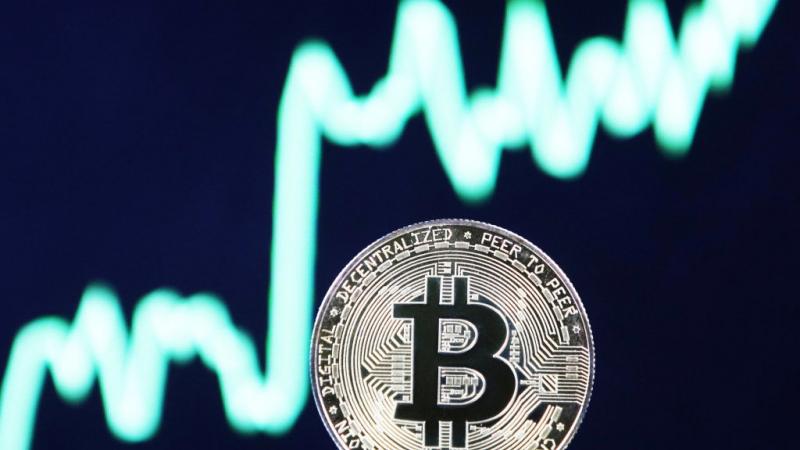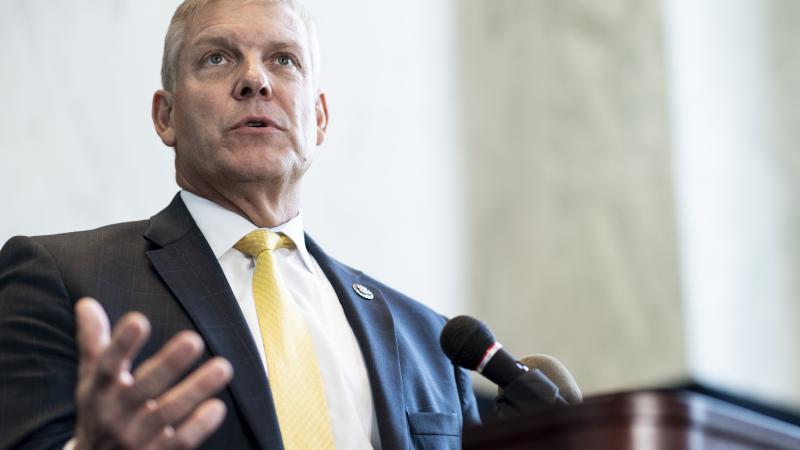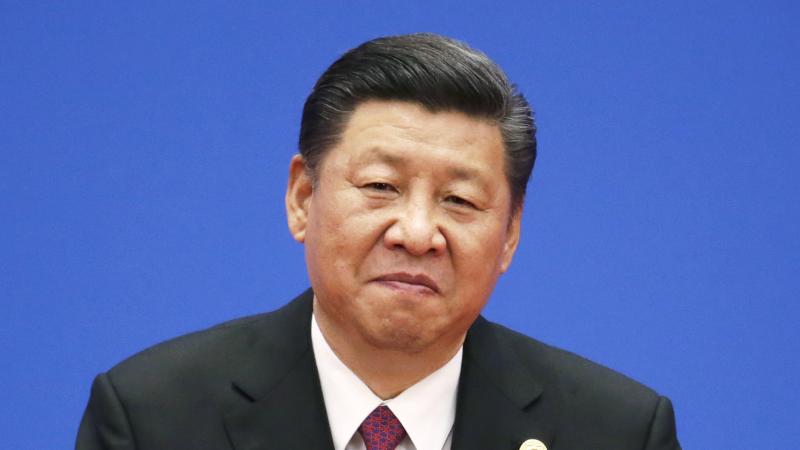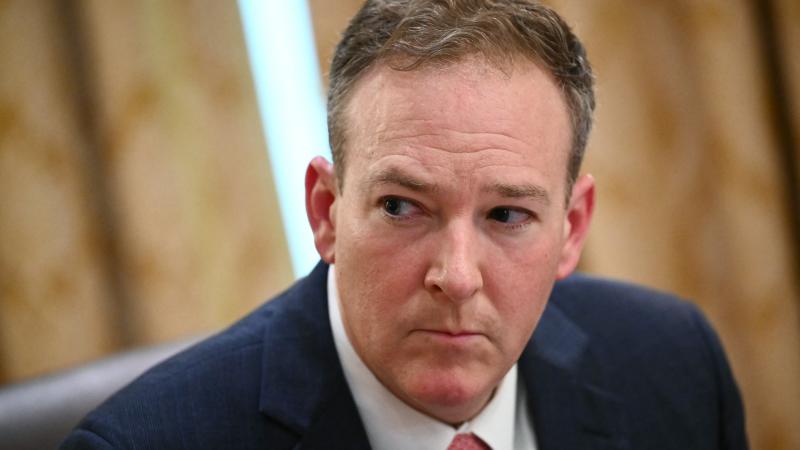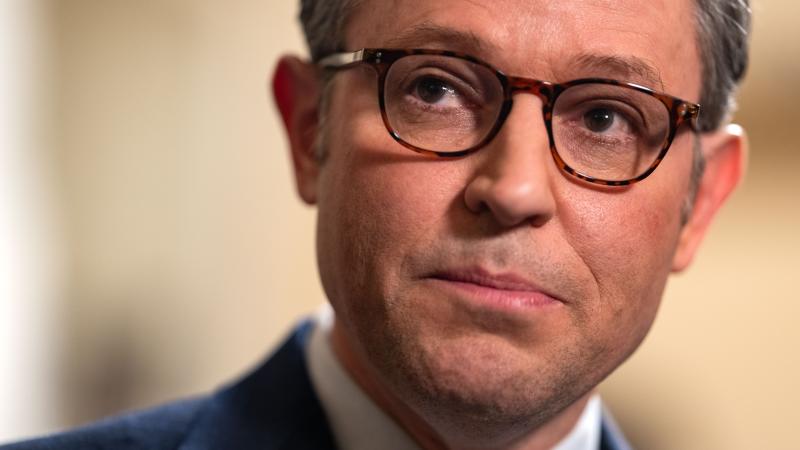New Jersey to enact 'millionaires tax,' as state revenue drops by $10 billion amid coronavirus
The Democrat-led state has agreed to raise the tax rate on residents making more than $1 million.
New Jersey lawmakers have agreed to adopt a "millionaires tax" to help ease the financial blow the coronavirus pandemic has delivered to the state's economy.
Democratic Gov. Phil Murphy on Thursday announced the plan, which will increase state taxes by almost 2% on income exceeding $1 million. Following the change, New Jersey will have one the highest state-tax rates on high-income earners.
"We do not hold any grudge at all against those who have been successful in life," Murphy said. "But in this unprecedented time, when so many middle-class families and others have sacrificed so much, now is the time to ensure that the wealthiest among us are also called to sacrifice."
State officials say the tax will impact about 16,500 New Jersey residents and about 19,100 nonresidents taxpayers. Officials anticipate the move will produce an estimated $390 million this year. Those making more than $1 million a year will see their tax rate rise from 8.75% to 10.75%. Individuals who earn more than $5 million annually were already being taxed at the 10.75% rate.
As is the case with many states, New Jersey's projected state revenue has been hit hard by the pandemic, suffering an unexpected decline of about $10 billion.
New Jersey is not the only state considering a tax increase on its wealthiest residents. California, Massachusetts, and New York have also mulled proposals to increase taxes as a way to offset revenue losses.
State Republicans have warned that the increased tax rate will lead to an exodus of wealthy N.J. residents. Some business leaders have also called the move by Murphy, a former Goldman Sachs executive, a missed opportunity, arguing that in a time when companies and high-earning individuals are looking to leave New York in favor of suburban settings, the new tax rate will push them to look beyond neighboring N.J.

